Banking turmoil, debt ceiling issue shift focus to modern monetary theory
U.S. policymakers must rethink using reckless monetary stimulus as a tool to prop up the economy as the recent banking turmoil in the United States and Europe highlighted the dangers inherent in that approach, experts said on Wednesday.
They warned the turmoil may not have ended yet, which could lead to more bank failures, intensified financial market volatility and a higher possibility of global economic recession.
In a space of two months, three U.S. medium-sized banks have collapsed. While Silicon Valley Bank and Signature Bank failed in March, First Republic Bank was taken over on May 1.
Banking circles are abuzz with talk whether the failures could be indicative of another significant financial crisis brewing, as the three banks' total size of assets — about $548.6 billion — has surpassed the total asset scale of the collapsed U.S. banks in 2008 and 2009 combined, based on investment bank BOC International's calculation.
Experts said certain factors like the three banks' over-reliance on a single source of deposits or a narrow business model may explain the three banks' failures. The U.S. Federal Reserve's radical policy adjustments are also believed to have contributed significantly to the ongoing banking turmoil.
"The Fed's fast and drastic changes in monetary policy have led to systemic risks," said Guan Tao, global chief economist of BOC International.
In the fight against high inflation, the Fed underestimated inflationary pressure initially and had to increase interest rates radically later, leading to a drastic change in financial conditions, Guan said.
Last week, the Fed raised the target range for the federal funds rate by a quarter of a percentage point to the 5 to 5.25 percent range, its 10th rate hike since March 2022, before which the target range was kept at 0 to 0.25 percent since early 2020.
Zeng Gang, director of the Shanghai Institution for Finance &Development, said such a surge in interest rates caused bank deposit withdrawals as money flowed into money market funds that yield more than deposits, exposing smaller banks to liquidity stress.
Zeng said the Fed's data showed that commercial bank deposits in the U.S. decreased by more than $300 billion in March, nearly 2 percent of the total deposit amount, with about two-thirds coming from small and medium-sized banks.
Surging interest rates also deflated the value of financial assets held by banks and intensified their liquidity stress, which has triggered SVB's failure, said Channel Yeung, a market analyst at financial trading platform FXTM.
Experts also said the recent banking turmoil has revealed the deficiency of reliance on a very low interest rate environment to stimulate economic growth — while monetary stimulus can boost growth in the short term, exiting from it is a painful process.
As many financial institutions have built their business models on risky investments made possible by very low real interest rates, David Blair, vice-president at the Center for China and Globalization and an American economist, said he expects to see a lot more collapses as the stimulus of irresponsible monetary and fiscal policy inevitably goes away.
With the banking turmoil still evolving, experts said its impact may spread into the real economy and go in tandem with the U.S. debt ceiling issue in intensifying the downside risks facing the world economy.
The Fed has warned that the banking turmoil could fuel a broad credit crunch that risks slowing the U.S. economy, while data compiled by Invesco showed that the 3-month/18-month U.S. Treasury yield curve has recently inverted to a level not seen since 1981, an indication that fears of recession have increased further.
"It's necessary to rethink the modern monetary theory," said Guan at BOC International. The theory acted as the basis for the U.S. stimulus campaign in the wake of the COVID-19 pandemic.









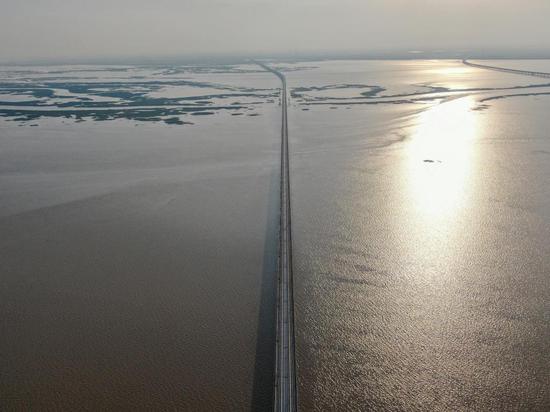


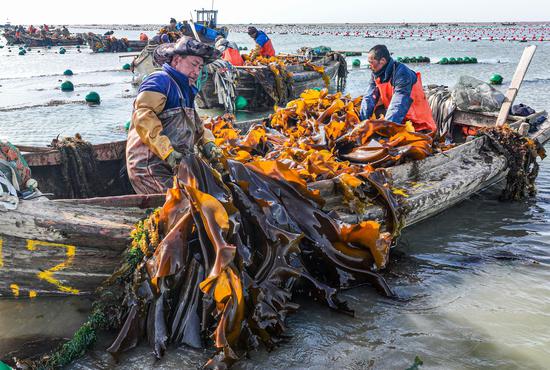


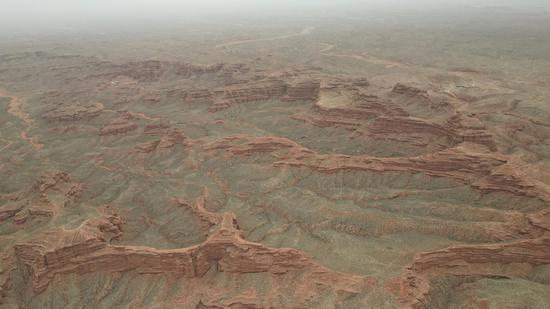


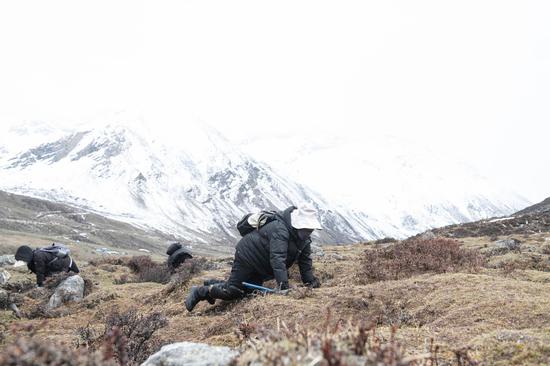
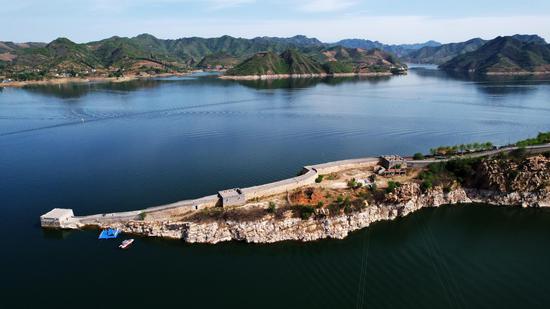


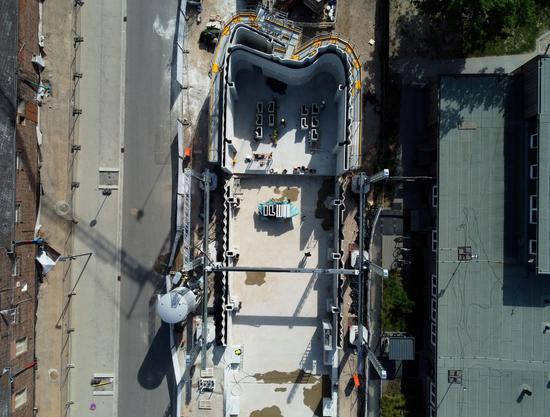
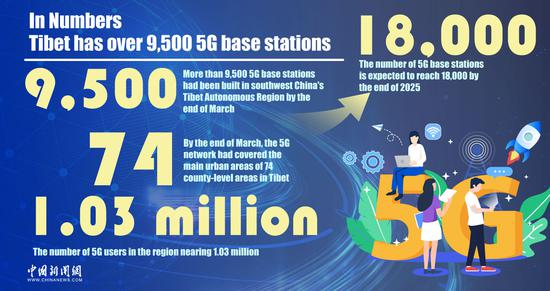

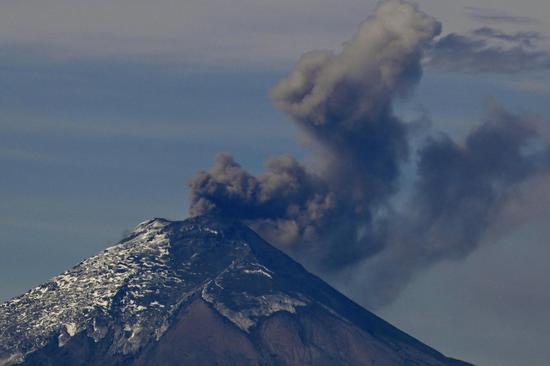
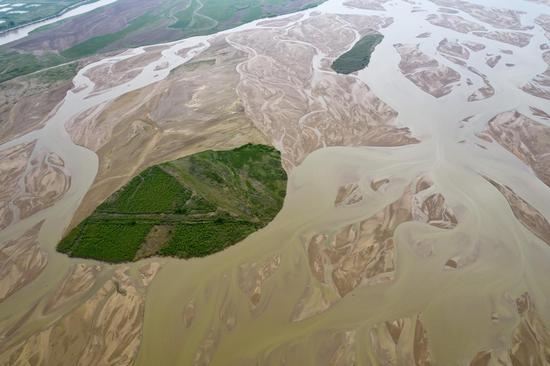
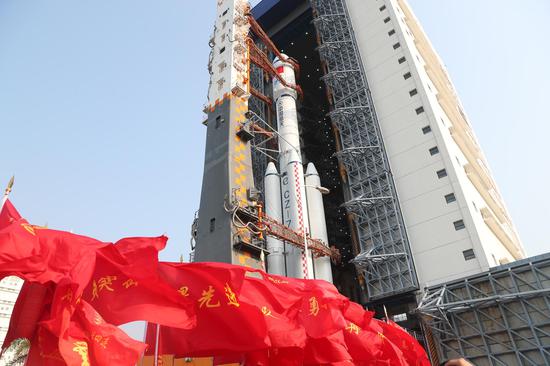
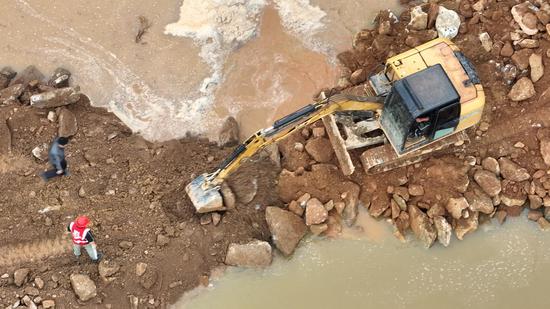
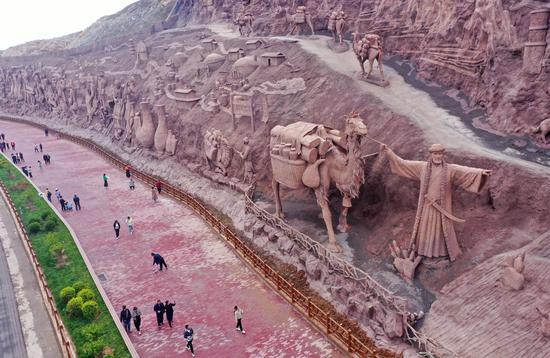

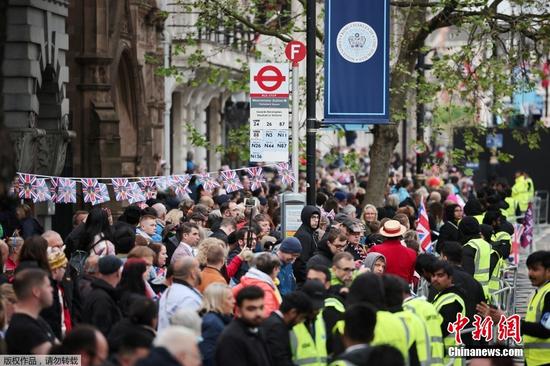


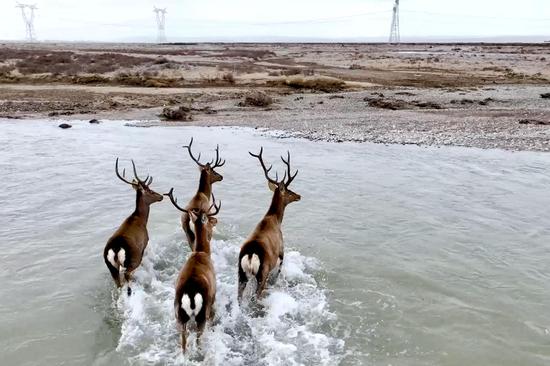

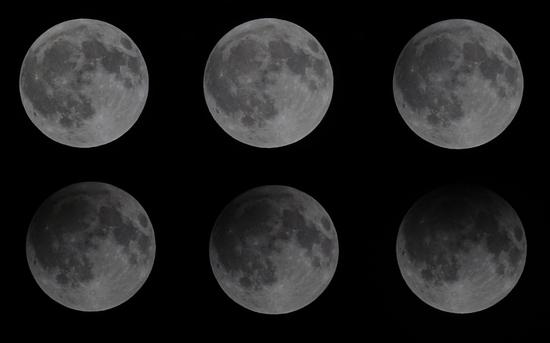
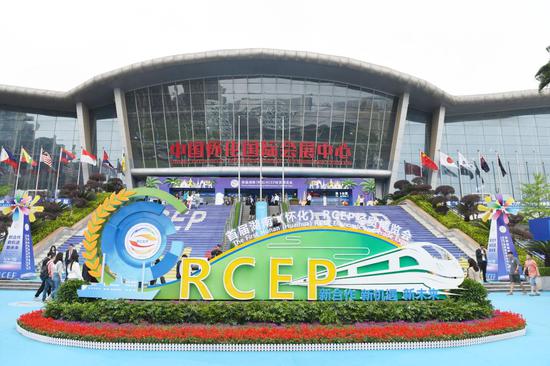
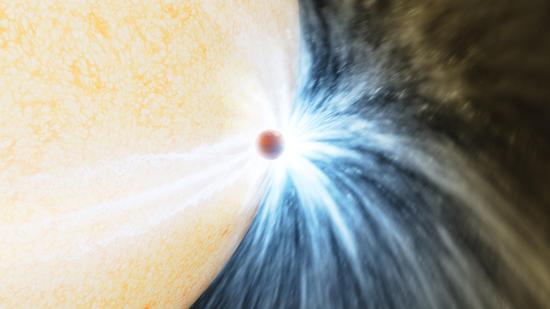
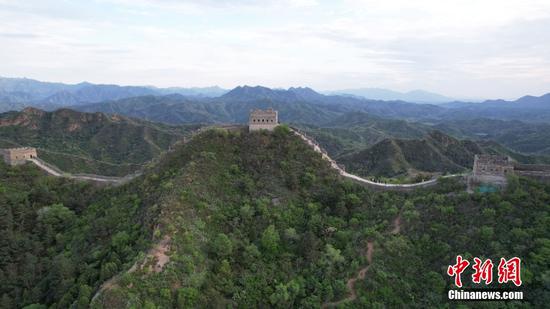

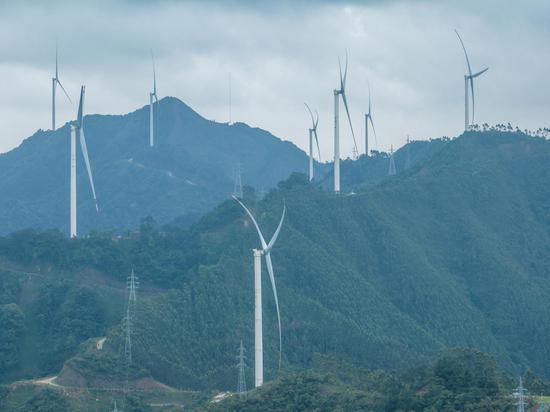

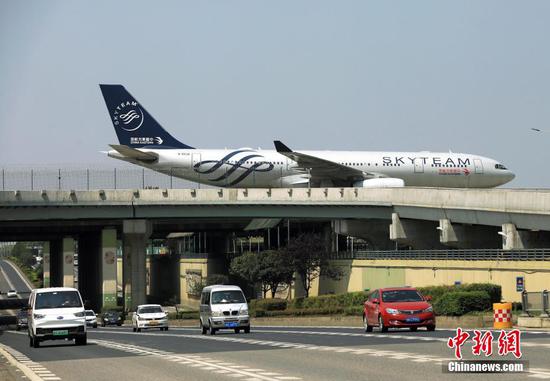
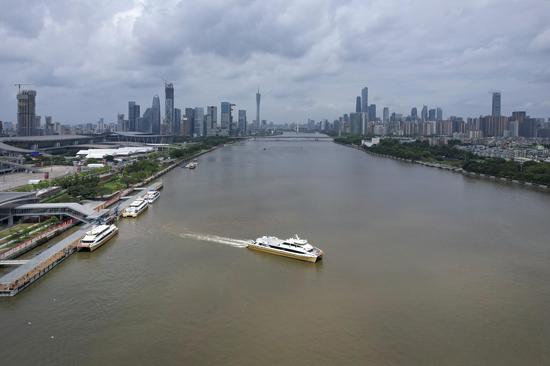





 京公网安备 11010202009201号
京公网安备 11010202009201号